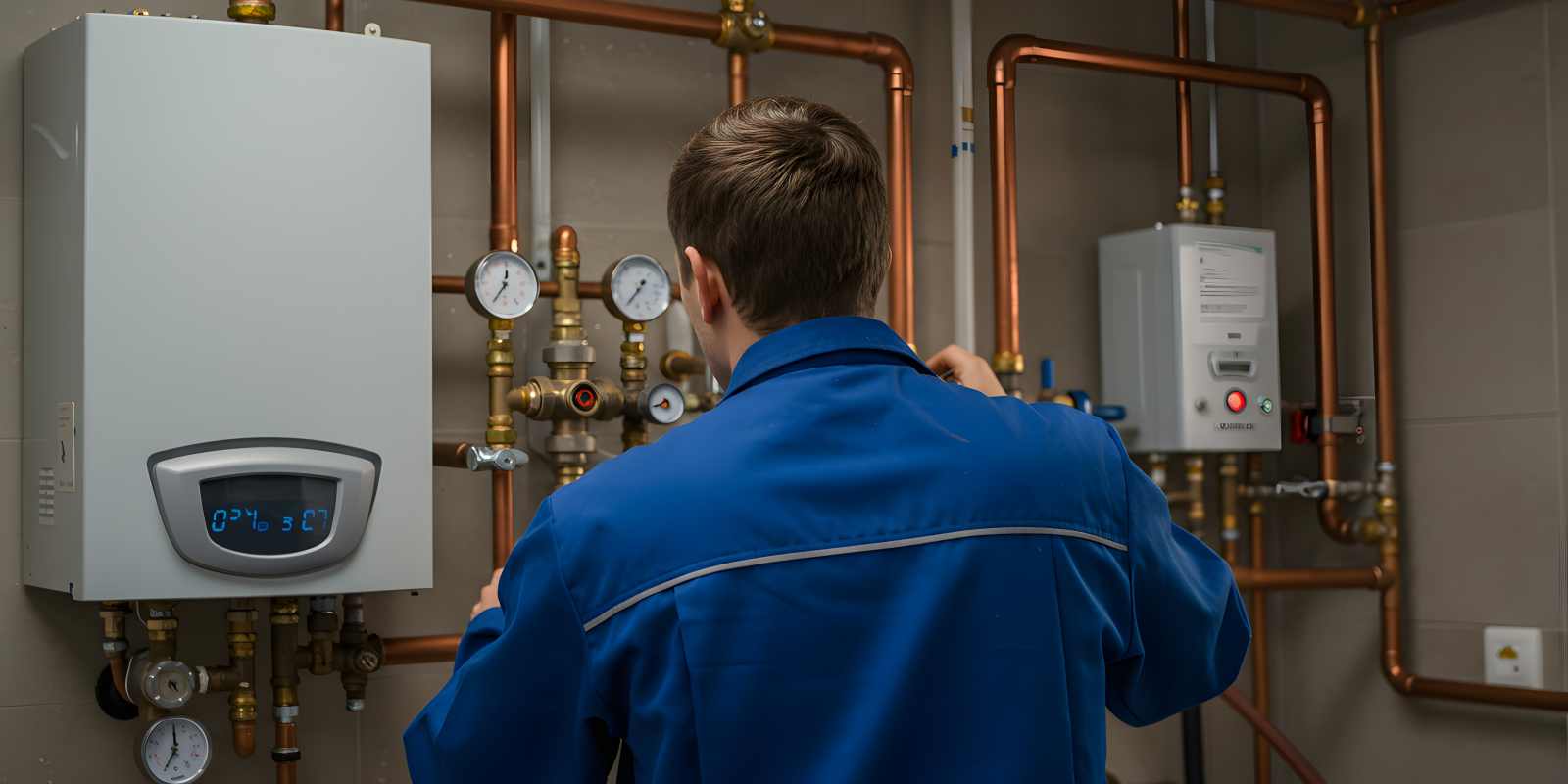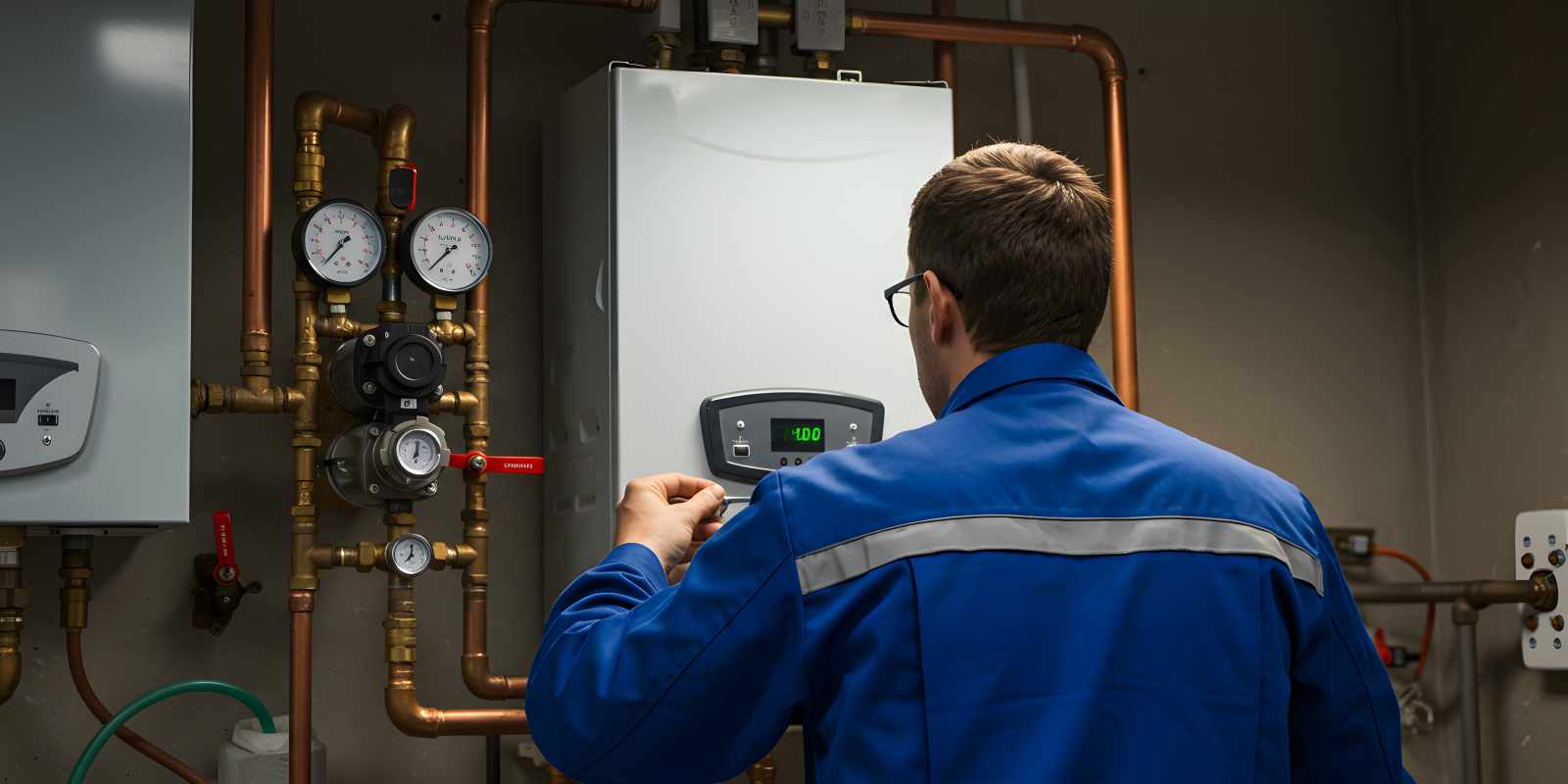When homeowners think about air conditioners, they either ignore size and cooling power or think that bigger is better. In reality, when you’re choosing an air conditioner, you should pretend you’re Goldilocks and find one that’s just right.
Why Too Small is Bad
The fact that an air conditioner that’s too small is no good easily makes sense to most people. It will run forever but won’t have enough power to cool your home on a hot day. At the same, your electric bill will shoot up from the nonstop use. Even if you can save a little on the purchase price with a smaller AC, this is obviously a bad option.
Why Bigger Isn’t Better
An air conditioner that’s too big will cool too quickly. Here’s why you want to avoid this.
- Rooms farther from the AC take longer to cool. An oversized AC will often cycle off before cool air can even reach them.
- An AC’s second job is to remove humidity, and it needs to run for a while to accomplish this. If it always quickly cycles off, the inside of your home will feel damp and uncomfortable.
- An AC that constantly turns on and off will wear out faster and need to be replaced sooner.
When Your Air Conditioner Might Be Improperly Sized
Below are some of the common reasons an air conditioner might be improperly sized.
- Installed by original builder. If your home was part of a cookie-cutter subdivision, there’s a good chance the AC wasn’t properly sized. Often, the builder may take a one-size-fits-all approach throughout the country without considering local weather or conditions unique to each individual home, or they may just be looking to cut costs by installing undersized ACs.
- Home renovations. Have you added a room, removed a wall, or installed new appliances (maybe a washer and dryer in a home that didn’t originally have one)? Your home’s heating and cooling needs may be greater than they were when your AC was originally installed.
- Exterior changes. Changes to the inside of your home aren’t the only things that affect your cooling load. Adding or removing large shade trees, having a building go up next door, or adding exterior features like awnings or a porch can also change your cooling needs.
How to figure out which size Air Conditioner best fits your cooling needs:
- Determine the square footage of the area to be cooled.
- Use the chart below to determine the correct cooling capacity, which is measured in British thermal units (BTUs) per hour.
Area To Be Cooled (sq ft) Capacity Needed (BTUs/ hour) 100 up to 150 5,000 150 up to 250 6,000 250 up to 300 7,000 300 up to 350 8,000 350 up to 400 9,000 400 up to 450 10,000 450 up to 550 12,000 550 up to 700 14,000 700 up to 1,000 18,000 1,000 up to 1,200 21,000 1,200 up to 1,400 23,000 1,400 up to 1,500 24,000 1,500 up to 2,000 30,000 2,000 up to 2,500 34,000 (Source: Energy Star)
- Make any adjustments based on the following circumstances:
- If the room gets a lot of sunlight, increase the cooling capacity by 10 percent.
- If its heavily shaded, reduce the cooling capacity by 10 percent.
- If the AC will be used in the kitchen, increase cooling capacity by 4,000 BTUs.
- If more than two people will regularly occupy the room, add 600 BTUs for each additional person.
You don’t need to replace an improperly sized air conditioner right away, but lost efficiency may make you want to replace it sooner than you normally would.



